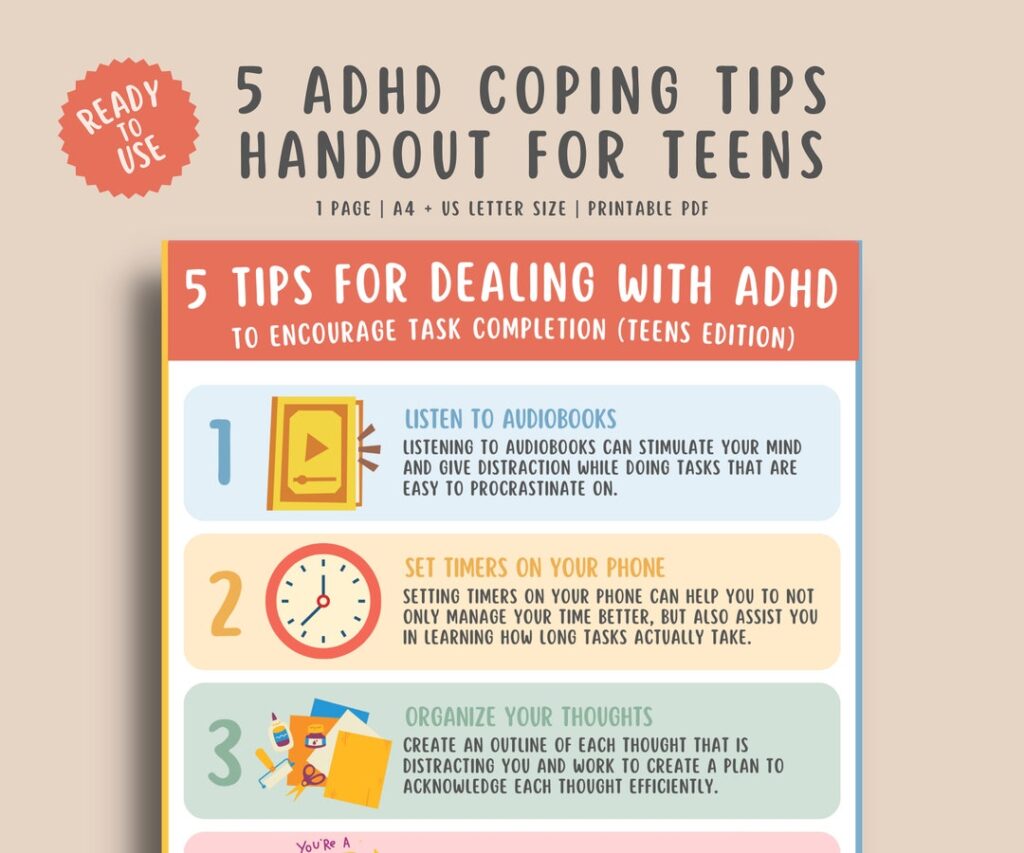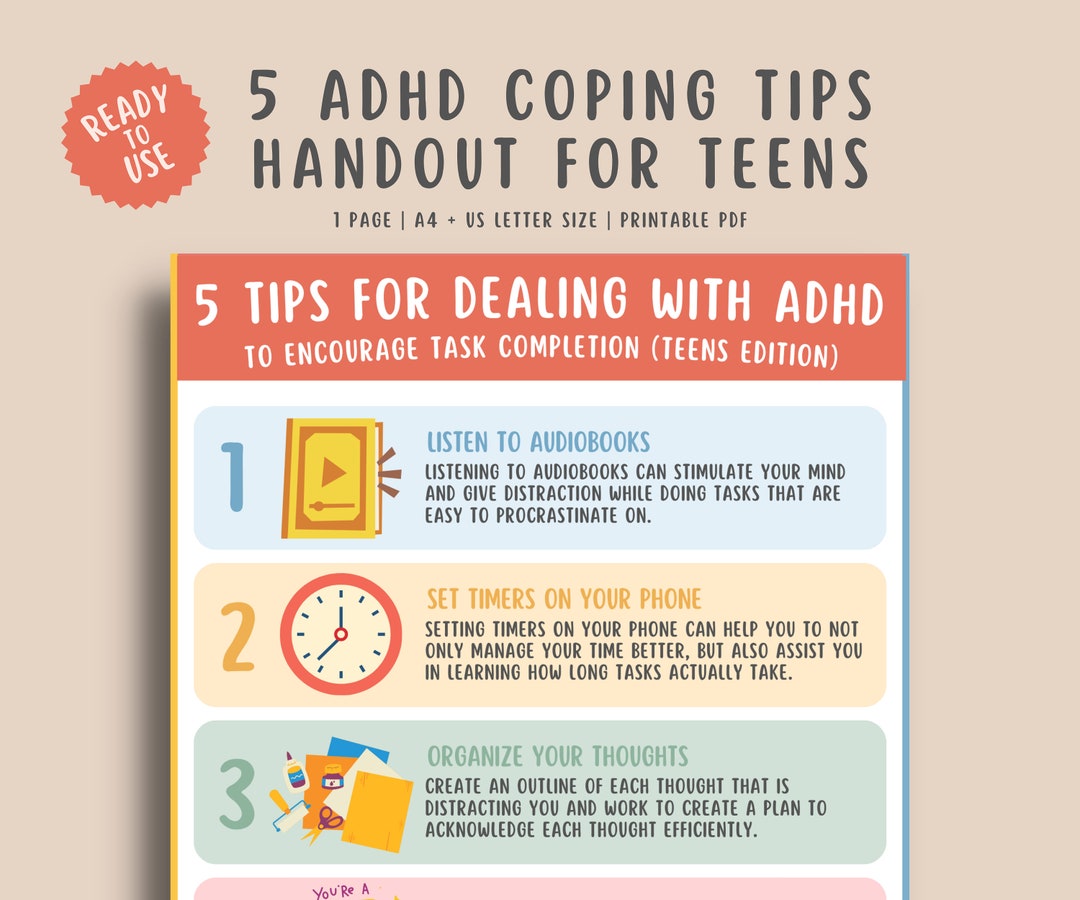
Helping Teens Thrive: A Comprehensive Guide to Support and Well-being
Adolescence is a pivotal period marked by significant physical, emotional, and social changes. During these formative years, teenagers face numerous challenges, ranging from academic pressures and social anxieties to identity exploration and mental health concerns. Providing adequate support and resources is crucial for helping teens navigate these complexities and thrive. This article aims to serve as a comprehensive guide, offering insights and practical advice for parents, educators, and mentors who seek to empower the next generation.
Understanding the Challenges Teens Face
Before delving into strategies for helping teens, it’s essential to recognize the multifaceted challenges they encounter. These can broadly be categorized into:
- Academic Pressures: The pursuit of good grades, standardized test scores, and college admissions can create immense stress.
- Social Anxiety: Fitting in, navigating peer relationships, and dealing with social media’s influence contribute to anxiety and feelings of inadequacy.
- Identity Exploration: Teens grapple with questions of who they are, their values, and their place in the world. This process can be confusing and overwhelming.
- Mental Health Concerns: Adolescence is a period of heightened vulnerability to mental health issues such as depression, anxiety disorders, and eating disorders.
- Substance Abuse: Experimentation with drugs and alcohol is a common concern, with potentially devastating consequences.
- Cyberbullying: Online harassment and bullying can have a profound impact on a teen’s self-esteem and mental well-being.
Creating a Supportive Environment
A supportive environment is the cornerstone of helping teens navigate these challenges. This involves fostering open communication, providing unconditional love, and setting clear boundaries.
Open Communication
Establishing open lines of communication is paramount. Teens need to feel comfortable sharing their thoughts, feelings, and concerns without fear of judgment or criticism. Active listening, empathy, and validation are essential skills for parents and mentors to cultivate.
Unconditional Love and Acceptance
Teens need to know that they are loved and accepted for who they are, regardless of their achievements or shortcomings. This unconditional love provides a secure base from which they can explore their identities and take risks.
Setting Clear Boundaries
While unconditional love is crucial, so are clear boundaries and expectations. These boundaries provide structure and guidance, helping teens develop self-discipline and make responsible choices. Boundaries should be age-appropriate, consistently enforced, and explained in a way that teens understand.
Strategies for Promoting Teen Well-being
Beyond creating a supportive environment, there are specific strategies that can promote teen well-being and resilience.
Encouraging Self-Care
Self-care is essential for managing stress and maintaining mental health. Encourage teens to engage in activities that they enjoy and that help them relax and recharge. This could include exercise, spending time in nature, listening to music, or practicing mindfulness.
Promoting Healthy Habits
Healthy habits, such as regular exercise, a balanced diet, and sufficient sleep, are crucial for both physical and mental well-being. Encourage teens to make healthy choices and provide them with the resources and support they need to do so.
Fostering Resilience
Resilience is the ability to bounce back from adversity. Helping teens develop resilience involves teaching them coping skills, encouraging them to seek support when needed, and helping them reframe negative experiences.
Addressing Mental Health Concerns
Mental health concerns are common among teens, and it’s important to address them promptly and effectively. If you suspect that a teen is struggling with a mental health issue, seek professional help. Early intervention can make a significant difference in their long-term well-being. [See also: Teen Mental Health Resources]
The Importance of Mentorship
Mentorship plays a vital role in helping teens navigate the complexities of adolescence. A mentor can provide guidance, support, and encouragement, helping teens develop confidence, make informed decisions, and achieve their goals. Mentors can be parents, teachers, coaches, or other trusted adults.
The Role of Technology and Social Media
Technology and social media are integral parts of modern teen life. While they offer numerous benefits, they also pose significant challenges. It’s crucial to educate teens about responsible technology use and to monitor their online activity. Helping teens understand the potential risks of social media, such as cyberbullying and unrealistic expectations, is essential.
Navigating Social Media
Encourage teens to use social media mindfully and to be aware of its impact on their self-esteem and mental health. Teach them how to identify and report cyberbullying, and encourage them to take breaks from social media when needed. Helping teens develop a healthy relationship with technology is crucial for their overall well-being.
Digital Citizenship
Digital citizenship involves being responsible and ethical online. Teach teens about online safety, privacy, and respect. Encourage them to be mindful of their online interactions and to avoid engaging in cyberbullying or other harmful behaviors.
Academic Support and Guidance
Academic success is an important part of a teen’s overall well-being. Helping teens succeed academically involves providing them with the resources and support they need to thrive. This could include tutoring, mentoring, or access to educational resources. [See also: Academic Success Strategies for Teens]
Tutoring and Mentoring
Tutoring and mentoring can provide teens with individualized support and guidance. Tutors can help teens improve their understanding of specific subjects, while mentors can provide overall academic support and encouragement.
Creating a Study-Friendly Environment
Creating a quiet and distraction-free study environment can help teens focus and learn more effectively. Encourage teens to establish a regular study routine and to take breaks when needed.
Community Involvement and Extracurricular Activities
Community involvement and extracurricular activities can provide teens with opportunities to develop new skills, build relationships, and contribute to their communities. Helping teens get involved in meaningful activities can boost their self-esteem and sense of purpose.
Volunteering
Volunteering can provide teens with a sense of purpose and satisfaction. It can also help them develop empathy and compassion. Encourage teens to volunteer in areas that they are passionate about.
Extracurricular Activities
Extracurricular activities, such as sports, clubs, and arts programs, can provide teens with opportunities to explore their interests, develop new skills, and build relationships. Encourage teens to participate in activities that they enjoy and that challenge them.
Addressing Specific Challenges
Some teens face specific challenges that require additional support and intervention. These challenges could include:
- Poverty: Poverty can create significant barriers to success. Helping teens from low-income families involves providing them with access to resources such as food, housing, and healthcare.
- Discrimination: Discrimination based on race, ethnicity, gender, or sexual orientation can have a profound impact on a teen’s self-esteem and mental health. Helping teens who experience discrimination involves providing them with support and advocacy.
- Trauma: Trauma can have long-lasting effects on a teen’s mental and emotional well-being. Helping teens who have experienced trauma involves providing them with access to therapy and other support services.
The Importance of Professional Help
While parents, educators, and mentors can provide valuable support, sometimes professional help is needed. If you are concerned about a teen’s well-being, don’t hesitate to seek professional help. Therapists, counselors, and psychiatrists can provide specialized support and treatment.
Therapy and Counseling
Therapy and counseling can provide teens with a safe and supportive environment to explore their feelings, develop coping skills, and address mental health concerns. [See also: Finding a Therapist for Your Teen]
Psychiatric Care
Psychiatric care may be necessary for teens who are struggling with severe mental health issues. Psychiatrists can prescribe medication and provide other medical treatments.
Conclusion: Empowering Teens for a Brighter Future
Helping teens thrive is an investment in the future. By providing them with the support, resources, and guidance they need, we can empower them to reach their full potential and create a brighter future for themselves and for the world. Adolescence is a challenging but transformative period, and with the right support, teens can navigate these challenges and emerge as confident, resilient, and successful adults. Remember that every teen is unique, and what works for one may not work for another. The key is to be patient, understanding, and supportive, and to always prioritize their well-being. By actively helping teens, we build a stronger, more compassionate society. The journey of helping teens is ongoing. Stay informed, stay engaged, and continue to advocate for the well-being of our youth. Helping teens succeed is everyone’s responsibility. Continue helping teens in any way you can. We are helping teens today for a better tomorrow. The act of helping teens is an investment, not an expense. Keep helping teens. To continue helping teens, we must adapt to their changing needs. By helping teens, we are shaping the future. The focus on helping teens should never waver. Through consistent effort in helping teens, we can make a difference. We achieve more by helping teens than we realize. Let us keep helping teens to become their best selves. The impact of helping teens is immeasurable.

